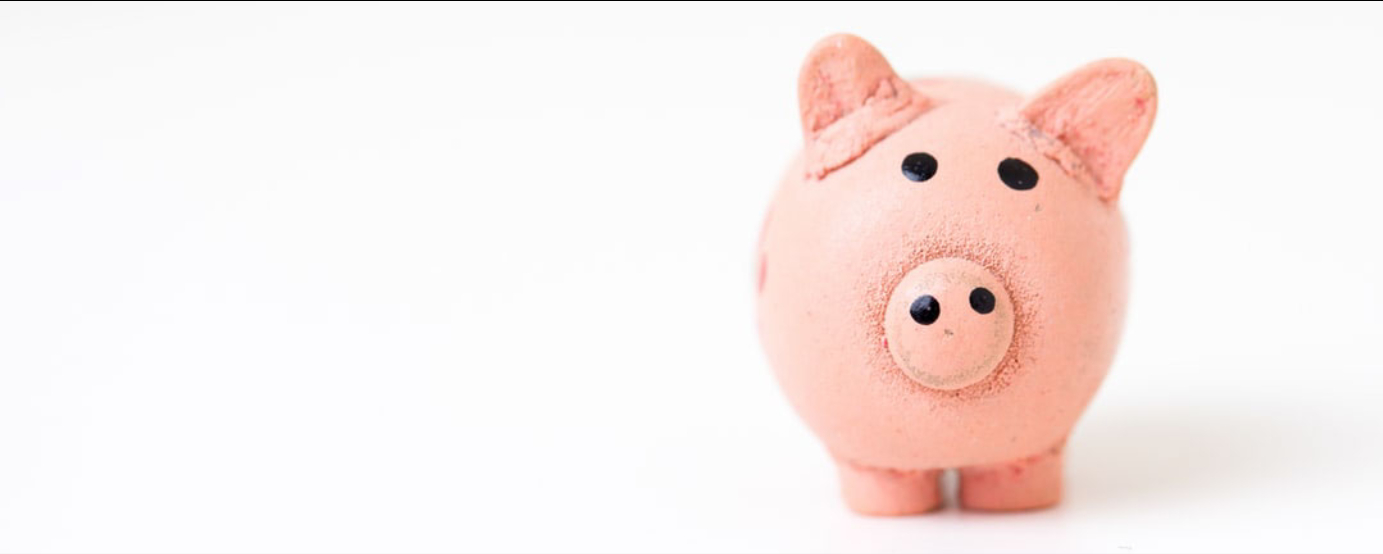The Decline of Personal Financial Literacy (and Our Solution)
by Brenda | February 13, 2020

The Decline of Personal Financial Literacy (and Our Solution)
The Great Recession of 2008 shook America to its core. While the country has bounced back, there are still some unexpected wounds that are yet to be healed. One of these is the decline of personal financial literacy.
A recent study shows that financial literacy among Americans has dropped 8% between 2009 and 2018. It’s no wonder that Americans carry an average of $1.5 trillion in student loan debt and about $14 trillion in consumer debt. How bad is this problem? Why is it happening? And are there any solutions?
How Bad Is the Problem?
Since 2009 the FINRA Investor Education Foundation has conducted a study of over 27,000 people every three years to gauge personal finance in America. They have found that Americans increasingly struggle to grasp financial concepts in spite of the strong economy. For instance, most could not correctly answer questions about topics like interest, inflation, mortgages, and financial risk. Millennials (18-34) had the sharpest drop showing a 13% decline from 2009 to 2018.
The study also uncovered an increasing gap in financial literacy between younger, lower-income, and African-American individuals and older, higher-earning ones. To make matters worse, most Americans are unaware that they are not money savvy. As of 2018, 71% believe they have a good grasp of financial concepts.
Why Is This Happening?
The study cites a few potential causes for this decline. The first is a post-recession drop in school funding across the country. This led to lower test scores, particularly in reading and math – both of which are fundamental to personal financial literacy. Only 19 states require financial literacy to be incorporated in the school curriculum.
Even still, there is a lack of teachers who specialize in this subject.
Another cause of note is smartphones and the instant answers they provide. Young people seem to be okay with finding financial information online and allowing financial apps to do all of their personal finance heavy lifting for them.
Our Solution
We believe the best way to increase personal financial literacy is through self-education. However, this does not mean Americans are on their own. Medallion Bank, for example, has acquired a tool designed to help individuals make better financial decisions.
Banks are required by law to give back to the community in their area of expertise: finance. Medallion chooses to provide financial literacy tools via our online course Dollars and $ense. To make this program available to more users it has been mobile optimized. Thus, this makes it ideal for those with little time or no personal computer access.
Through this format, users can learn according to their needs and interests and at their own pace. The course consists of playlists for topics such as debt management, taxes, home buying, and credit cards. Adults and teens are encouraged to use this course to prepare for a solid financial future. With the help of programs like Dollars and $ense, the decline of financial literacy can be reversed.